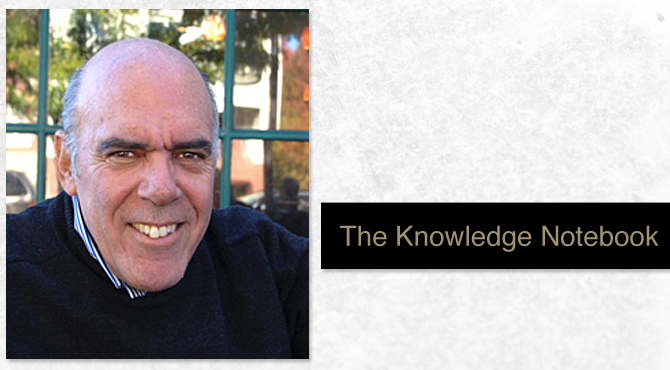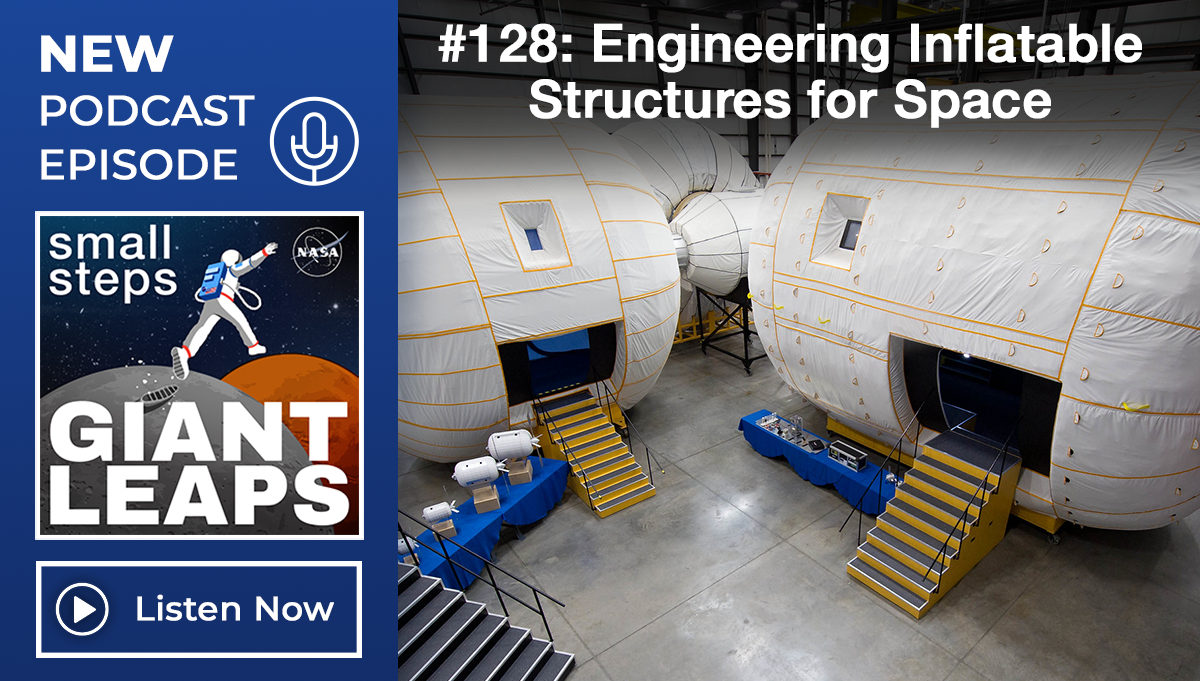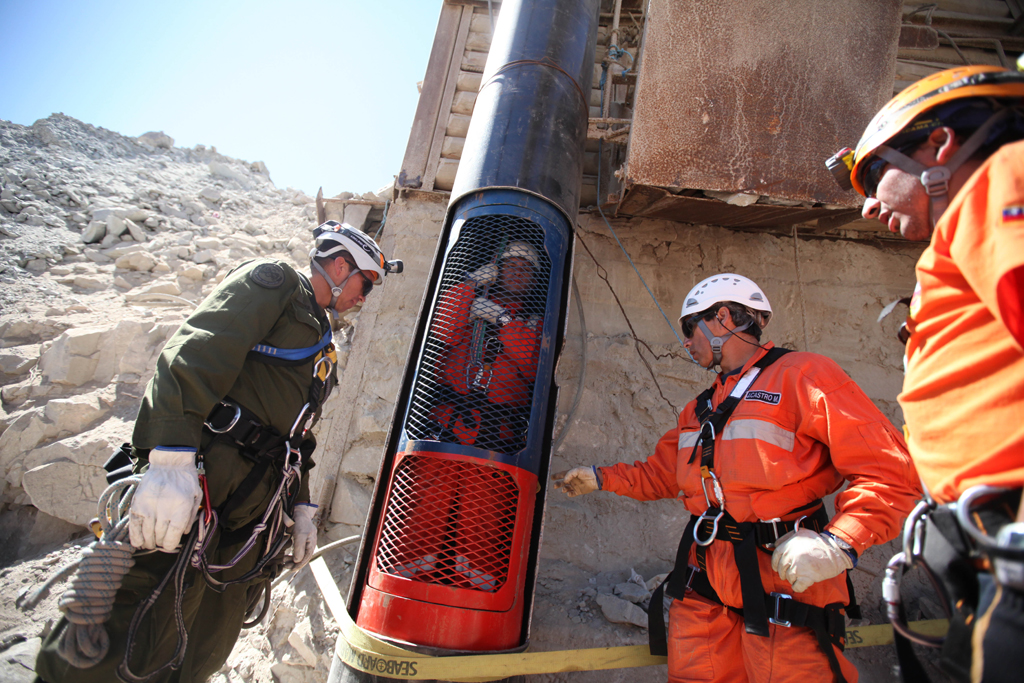
By Laurence Prusak
Have you thought about why some individuals, institutions, agencies, and even countries seem to exhibit a persistent pattern of bad judgment?
There are so many examples to choose from that it may be unfair to single out specific examples, but think, for instance, of the different reactions of Norway and Dubai to the revenues that came from their discoveries of large energy resources. Norway prudently invested its windfall in long-term education and infrastructure and future financial stability, resisting powerful pressures to spend it right away or return it to the taxpayers. Dubai spent much of its wealth on showy projects, building, among other things (and with the help and encouragement of Citicorp), a ski slope in one of the hottest places in the world.
We all could list our favorite examples of flawed judgment. Our recent financial crisis sadly offers enough examples to fill many large volumes. Perhaps it is more useful, though, to try to think about what goes into good judgment. To do that, we need to decide what judgment is. We also want to consider how it differs from knowledge, because being knowledgeable does not guarantee that individuals or institutions will make smart decisions.
Let’s look at Wall Street and most of the other financial centers around the world. Who could deny that these firms and their government regulators were filled with knowledgeable people? They recruited the top students of the top business schools, continuously weeded out those who seemed not smart enough and driven enough for their hypercompetitive environment, and continuously poached the most talented brokers and analysts from each other. So how could organizations that possessed so much knowledge and talent make such disastrous mistakes—mistakes grave enough to plunge the world into a recession that destroyed millions of jobs and untold wealth?
Aristotle had an answer for this question that still rings true. He saw knowledge as a tool, a method, a technique that could not arrive at good judgment without virtue. “Virtue” in this case refers to a set of values and dispositions that Aristotle calls “practical wisdom.” Practical wisdom is another term—a good one—for what we usually think of as good judgment. Modern researchers have added that judgment can be thought of as the context and background of decision making.
No project or situation exists in isolation, and understanding the context of your work can lead to a wiser choice than a narrow focus on a problem to be solved.
Probably this distinction between knowledge and judgment does not especially surprise you. We all know people who are highly intelligent and possess extensive knowledge of one or more subjects but who make terrible decisions. They lack practical wisdom. They don’t have good judgment.
So should organizations try to hire people who are “virtuous,” in Aristotle’s sense of the word? Well, organizations sometimes try to choose people who seem to possess practical wisdom, but that quality is not always easy to identify. Besides, it’s easy to be so impressed by the knowledge, drive, and confidence of candidates that the question of judgment does not get the attention it deserves.
Certainly (as I discussed at the beginning of this little essay), good judgment is in short supply in many institutions. So here is a very brief list of some ways to try to improve the quality of judgment—your own and that of the people you work with.
- Encourage democratic discussion and decision making. The “great man or woman” theory of leadership—the idea that one person has all the answers—is deeply flawed. The odds favor developing sound collective judgment when trust and goodwill are present in a group.
- Look to all sources of potential help. Knowledge comes in many flavors and varieties. Make sure your sample size is adequate to your needs.
- Think in terms of past and future time. Nothing happens without background or potential consequences. Encourage others to do the same.
- Pay attention to context. No project or situation exists in isolation, and understanding the context of your work can lead to a wiser choice than a narrow focus on a problem to be solved.
- Consult your values as well as your knowledge when making decisions.
More Articles by Laurence Prusak
- The Knowledge NotebookWhat’s Right About Being Wrong (ASK 40)
- The Knowledge NotebookBelieving in Science and Progress (ASK 39)
- The Knowledge NotebookOn Not Going It Alone: No Organization Is an Island (ASK 38)
- The Knowledge NotebookHow Organizations Learn Anything (ASK 37)
- The Knowledge NotebookSlow Learning (ASK 36)
- + View More Articles









